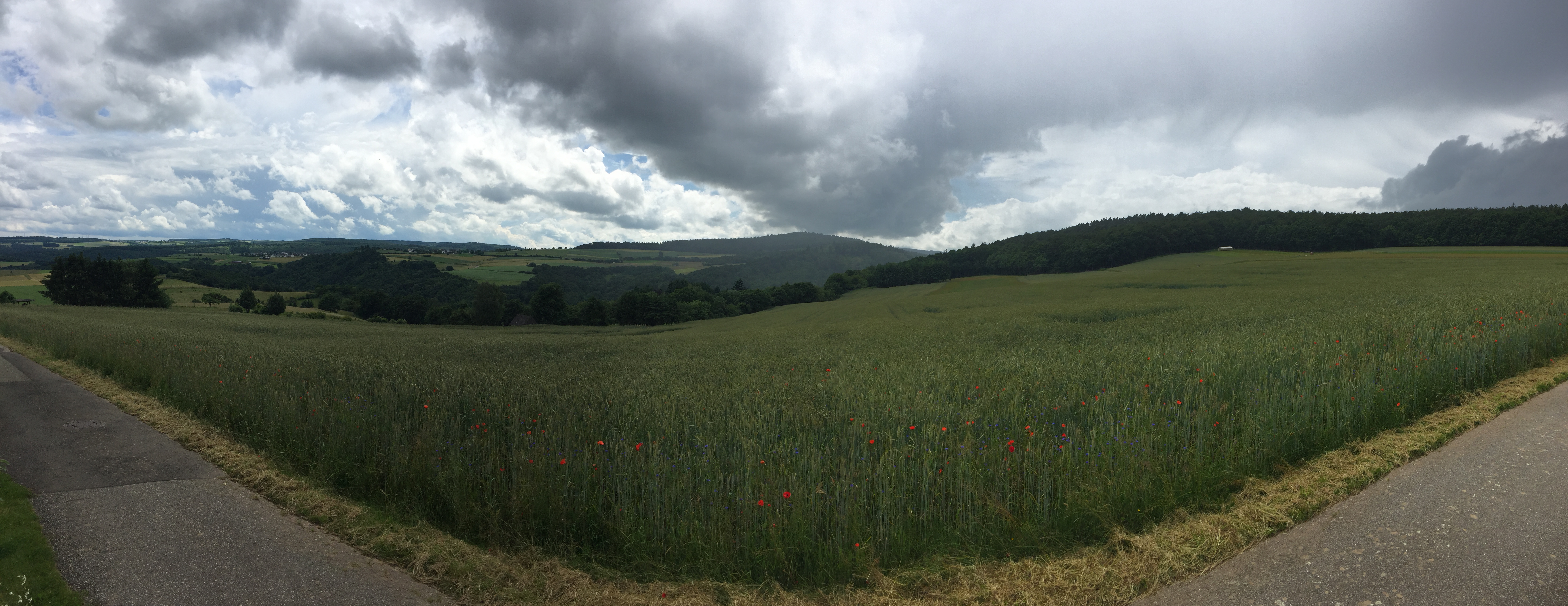The following is a guest post from Jess, a financial blogger with a passion for commodities:
A market that conducts business with commodities of all nature are referred as Commodity markets. A commodity is defined as goods for which there is demand in a market, but which is supplied without any differentiation in the market. With a rich history and an exciting future, trading in the commodities markets will continue to be very popular. For those who are already involved in commodity trading, it can be an exciting adventure.
For those who are thinking about getting in, now is a great time to learn how to invest. At the Initial Stage Occurrence of Commodity market was meant only for agricultural products which was predominantly affecting the local market. But when the crucial factors such as Industrialization, Globalisation, Technological advancements breaks barriers and came across the boundaries it virtually increases demand from consumers and intense competition from other players has paved way for commodity markets.
In commodity market the trader should follow a strategy after checking their risk tolerance, comfort levels, knowledge of the markets. Doing this will clear your mind in case of risk tolerance that up to which amount of loss you can tolerate.
- Today’s commodities markets in the United States trace their origins to futures trading in Chicago, IL in the early 1800s. Because of its location at the base of the Great Lakes and its close proximity to the farms of the Midwest, Chicago was a natural center for transportation, distribution and trading commodities.
- Overages and shortages of agricultural products caused extreme changes in price. An exchange was needed that would bring together a market to find potential buyers and sellers of a commodity instead of making people bear the burden of finding their own commodities.
- In 1848, Chicago Board of Trade (CBOT), the world’s first futures market was formed. Trading was originally in futures and the first contract was written on March 13, 1851.

- Unlike in the past, you will not actually go to the commodities markets to do business with the futures exchanges. You will invest through your broker, I chose CMC markets, they will take your commodity orders to the exchange floor for you.
- Your contact with a broker can either come from telephone contact to relay orders or electronic commodities trading in the Internet. While there are futures exchanges throughout the world, the best known markets in the US are in Minneapolis, Kansas City, New York and Chicago.
- Regardless of which method is used, the basic concept is the same; the investor submits his or her futures options market order and based on the information contained in the futures contract, a purchase or a sale is made on behalf of the investor by a commodity broker. As you probably remember, this legally binding agreement gives the purchaser the right, not the obligation, to buy or sell the underlying asset. While the commodities themselves might be different, the commodities markets are the same.
- While the world of the Internet has eliminated some of the magic of the commodities markets, the actually floor trading is still fascinating. Most commodities markets are divided into pits where the brokers stand facing the center. Each is dedicated to commodities trading that are specific for that pit. For example, Chicago Board of Trade has large pits for soybeans, T-bonds and corn futures in addition to many others. The COMEX in New York is home to more that one futures exchange. There you will likely find pits for such commodities as heating oil, gold, cotton, coffee and orange juice.
- Another consistent feature of commodities markets is that like trading in the stock market, the people that are on the floor should be the members of that particular exchange. By paying dues and assessments, these members help to support the exchange. For non-members, it is necessary to find a member broker to do your commodity investing.
- The commodity market does not fix prices or buy and sell for itself. It does, however, have an extensive operation for monitoring the actions of those involved to ensure to the US government that strict trading rules exist and are being followed.
- From their humble beginnings in Chicago in the 1800s, commodities markets have become sophisticated places for successful traders to invest in futures and options. Combined with online futures trading, commodities markets are prepared to take investors from the past into the future.


 Personal Finances are certainly top of mind for many of us. If you're looking to get serious about improving your financial situation, we've got lots of great materials all over this site! Additionally, we realize that there's a lot of noise out there, and so we created PERSONAL FINANCIAL GUIDES focused on topics with all the info you need, and without any of the noise/ads/clickbait.
Personal Finances are certainly top of mind for many of us. If you're looking to get serious about improving your financial situation, we've got lots of great materials all over this site! Additionally, we realize that there's a lot of noise out there, and so we created PERSONAL FINANCIAL GUIDES focused on topics with all the info you need, and without any of the noise/ads/clickbait.
Jess, what is the URL of your blog?